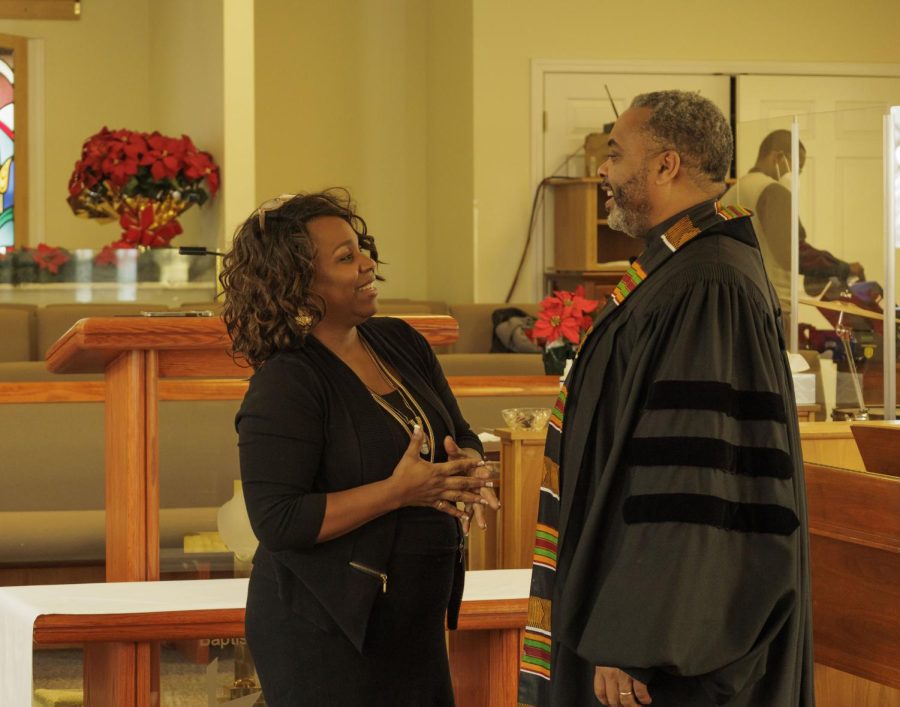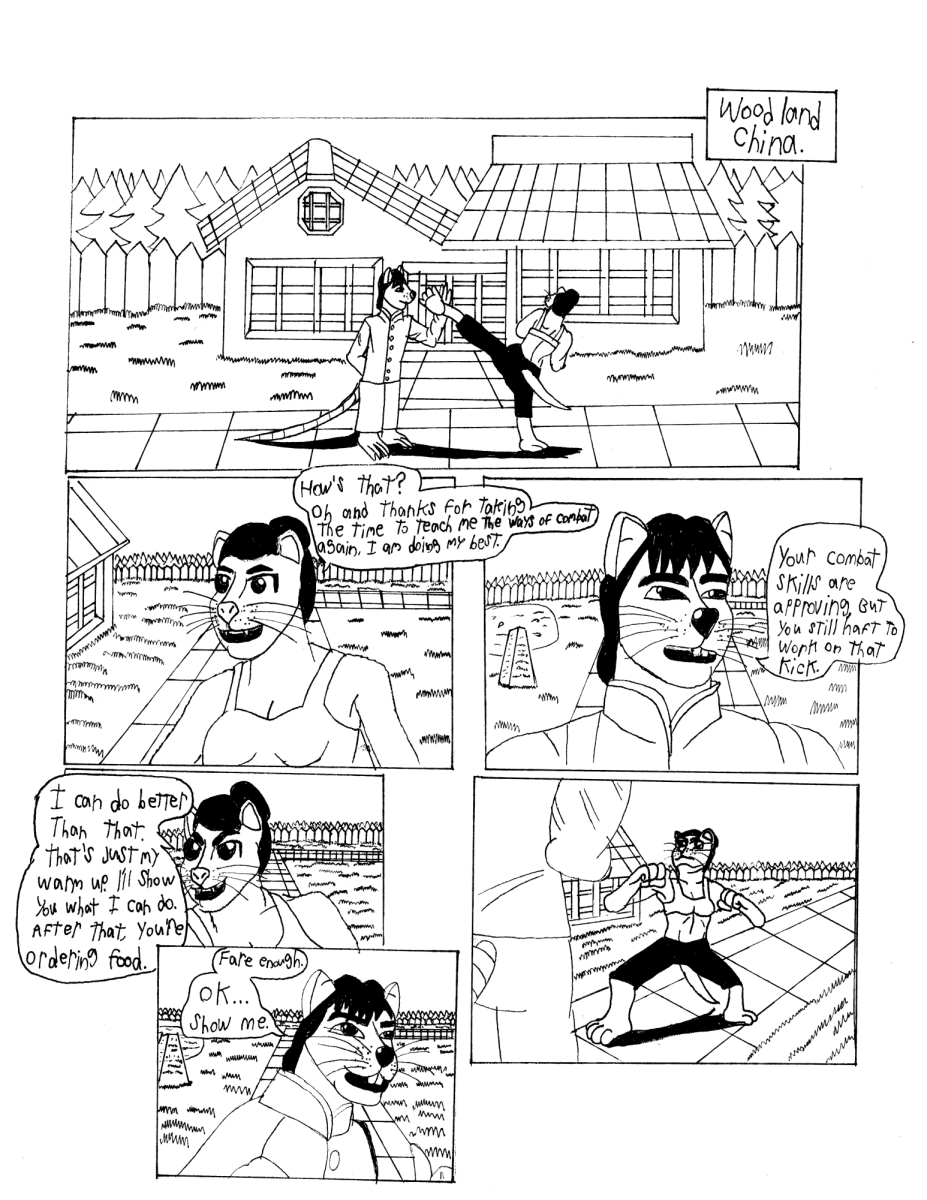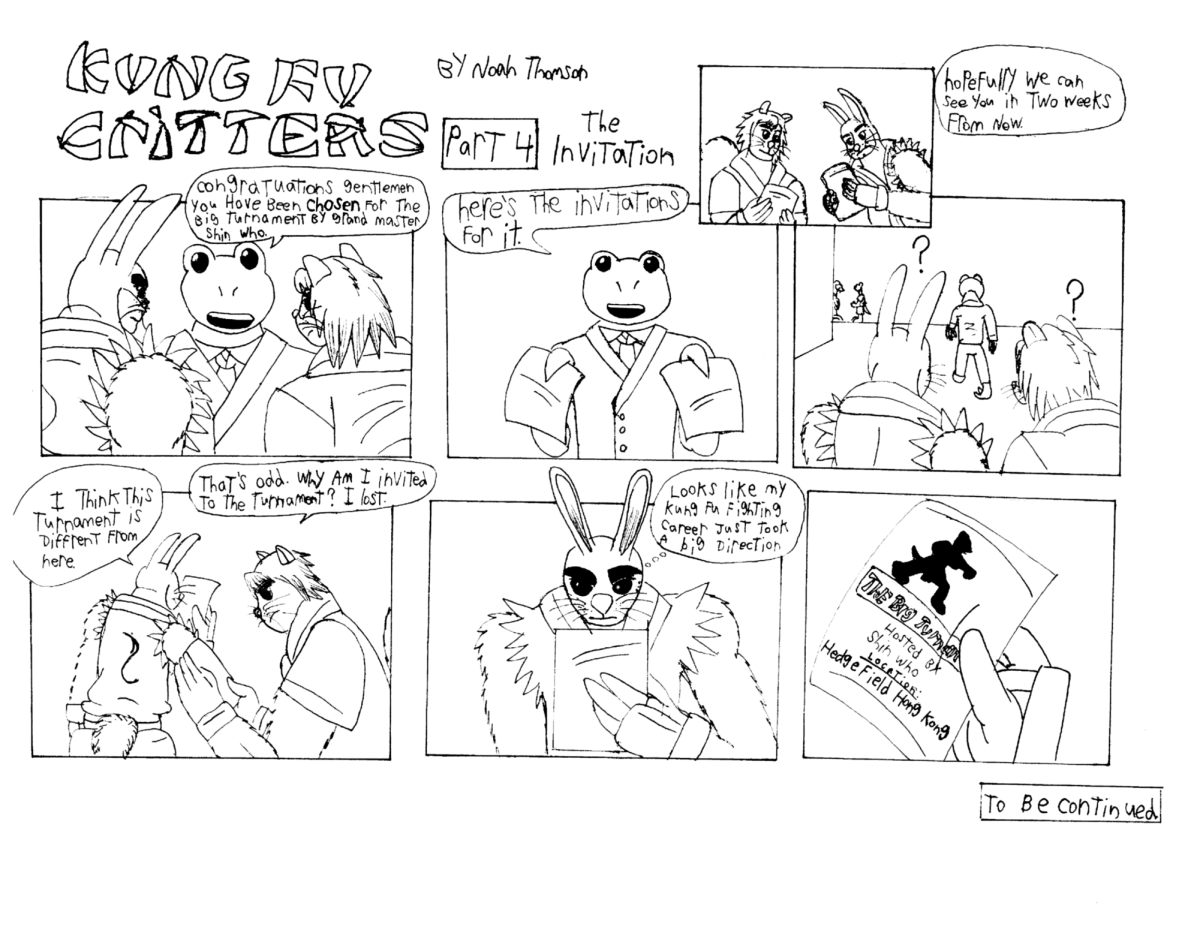Earlier this month, Facebook updated its Terms of Service (TOS), which sent the online social world into a frenzy, causing users to backlash against the site in protest, threatening to boycott the site entirely unless the old TOS was reinstated.Terms of service is essentially a legally binding contract between the company and the user, which the user must accept before gaining access to content the website or program provides. Included in the TOS is information regarding what companies are allowed to do with information it collects about its users.
When Facebook users deactivated their account under the old TOS contract, all user-created content disappeared along with it. Everything including pictures, posts, and tags got deleted, and the TOS between the user and the company expired. Think of it like an author and a publishing company. In the old TOS model, the user acted as the publisher as well as the author of the content, and once the publisher “went out of business” (deactivated the account) all the content the user created went away with it.
However, the new TOS Facebook released was missing two very important sentences. Sentences that, once removed, gave Facebook the right to control user-created content in any way it pleased.
Under the new terms, the TOS contract never expires – even after a user deactivates their account – which, by default, means the content never expires either. In this model, Facebook now becomes the publisher and the user simply becomes the author. Once the author “dies” (deactivates the account) the content lives on because the publisher continues to keep the work in print.
At first, it seems this change only affects when your friend deletes their account; the post they wrote on your wall the day before doesn’t disappear with it, which seems like a nice feature. However, this technically makes all your photos, video posts, notes and anything else you post on Facebook the property of Facebook.
Because the TOS never expires, even after you deactivate your account, they now legally own it, and can now do whatever they want with it – forever. This essentially gives them the power to sell your photos to an ad agency, your notes to a publishing company, or sell any other content you created to any other third party site. This, needless to say, caused a lot of people concern.
Whether this was part of Facebook’s plan all along is still unknown. But Facebook’s CEO Mark Zuckerberg has come forward to do some much needed damage control in response to the eruption of controversy, and released a statement via blog explaining the change in policy:
“Our philosophy is that people own their information and control who they share it with. When a person shares information on Facebook, they first need to grant Facebook a license to use that information so that we can show it to the other people they’ve asked us to share it with. Without this license, we couldn’t help people share that information. One of the questions about our new terms of use is whether Facebook can use this information forever.
When a person shares something like a message with a friend, two copies of that information are created – one in the person’s sent messages box and the other in their friend’s inbox. Even if the person deactivates their account, their friend still has a copy of that message. We think this is the right way for Facebook to work, and it is consistent with how other services like e-mail work. One of the reasons we updated our terms was to make this more clear.”
The site has since rolled back the TOS, and a new group on Facebook, created by Zuckerberg, entitled the “Facebook Bill of Rights and Responsibilities” enables users to give input on how the new TOS should be written. Zuckerberg also stated that the new TOS will be free from legal jargon and will be simple enough for anyone to read and understand.
This event raises the question whether Facebook is doing the best they can to keep our information safe and out of the wrong hands, and it also puts all other companies under the microscope when faced with similar dilemmas.
However, many problems like this often can’t be solved in legal terms simply because they can’t be seen until the situations emerge. But the final decision on how these matters are solved will shape how our online content will be handled in the future, which will also affect how our legal rights evolve.
Facebook truly is navigating difficult terrain, and issues like this will continue to become more frequent as we move through the 21st century.



















































